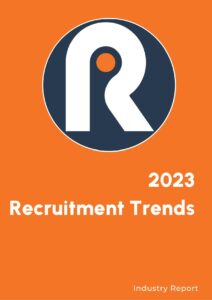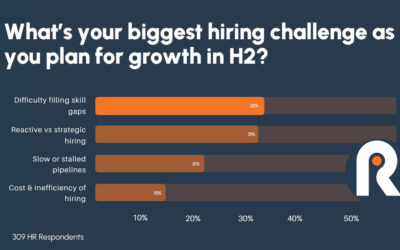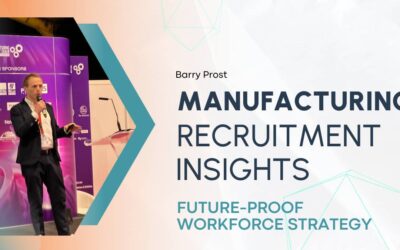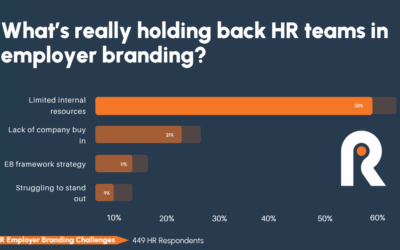
Despite recent layoffs and downsizing announcements that have been dominating the tech industry lately. Talent acquisition is still on the rise. The industry has modernised in response to changing employee working habits and environments. In this regard, HR professionals are seeking to adopt new measures to attract the best talents for their organisations. In this article, we will discuss recruiting trends HR managers are taking on to hire top talent and stay competitive within their industries for 2023.

Since the turn of the decade, the world has been characterised and impacted by a series of events reshaping human resources professionals’ mindsets. The rapid development of the 4th industrial evolution, including widespread implementation of advanced technologies such as artificial intelligence, robotics, and the Internet of Things, resulted in an acute shortage of skilled workers and the changing nature of jobs. Remote/hybrid working, a phenomenon popularised by the global pandemic, created several challenges to overcome by HR officers. The war in Ukraine and the following potential global recession are putting further strains on HR functions to meet the expectations of the organisations. Therefore, hiring managers must adapt their recruitment practices to accommodate the new working environment.
The following are the five latest recruiting trends companies should take note of:
- People-first rather than profit-first approach in HRM
Given the economic downturn along with rising talent scarcity, David Green, a globally respected writer, speaker, conference chair and executive consultant on people analytics, data-driven HR and the future of work, mentioned that traditional recruitment processes should be updated with the modern people-first approach to tackle recession. Instead of opting for layoffs to reduce costs, a classic pre-Covid mindset, organisations should value and respect employees as human beings, rather than viewing them simply as a cog in the profit-churning machine that can be replaced at any time.
- Well-being and employee listening on the rise
Positive business outcomes depend highly on the happiness of the employees where happy workers are 13% more productive (Research from Oxford University). Therefore, recruiters are addressing the mental health and overall physical well-being of workers to reduce stress, burnout, and feelings of unappreciation, which consequently lead to rising turnover. Furthermore, employee listening programmes are also on the rise, as the insights gathered allow organisations to make decisions based on their feedback, benefiting both the company and the employees. Employee voice and participation in decision making has been found to significantly increase employee engagement and reduce employee exhaustion at work, according to the research conducted by Professors Edel Conway at Dublin City University, Na Fu at Trinity College Dublin, Kathy Monks at Dublin City University, Kerstin Alfes at ESCP Business School, and Katie Bailey at King’s College London.
- Growing attention to diverse, equity, inclusive and belonging (DEIB) values
DEIB values are gaining more and more attention from employees and organisations alike, as they are indicators of a positive and healthy workplace culture. Glassdoor discovered that two-thirds of candidates today are explicitly looking for organisations with a diverse and inclusive working environment. Deloitte reported that companies that hold DEIB values are regarded as potential employers by 47% of job seekers. Moreover, research by Insight222 found that companies insisting on DEIB are 81% more likely to have higher customer satisfaction as well.
- Increasing efforts in environmental, social and governance (ESG)
There is mounting pressure for organisations to put efforts into ESG propositions. An increasing number of job seekers today prioritise purpose, sustainability, and societal and environmental impact over the growth and profits of companies. Research by McKinsey research reported that employees increase their performance by 33%, are 75% more committed, and are 49% less prone to resignation in a purpose-driven organisation. Thus, integrating clear and relevant ESG goals into the essence of the company enables HR professionals to enhance employee engagement
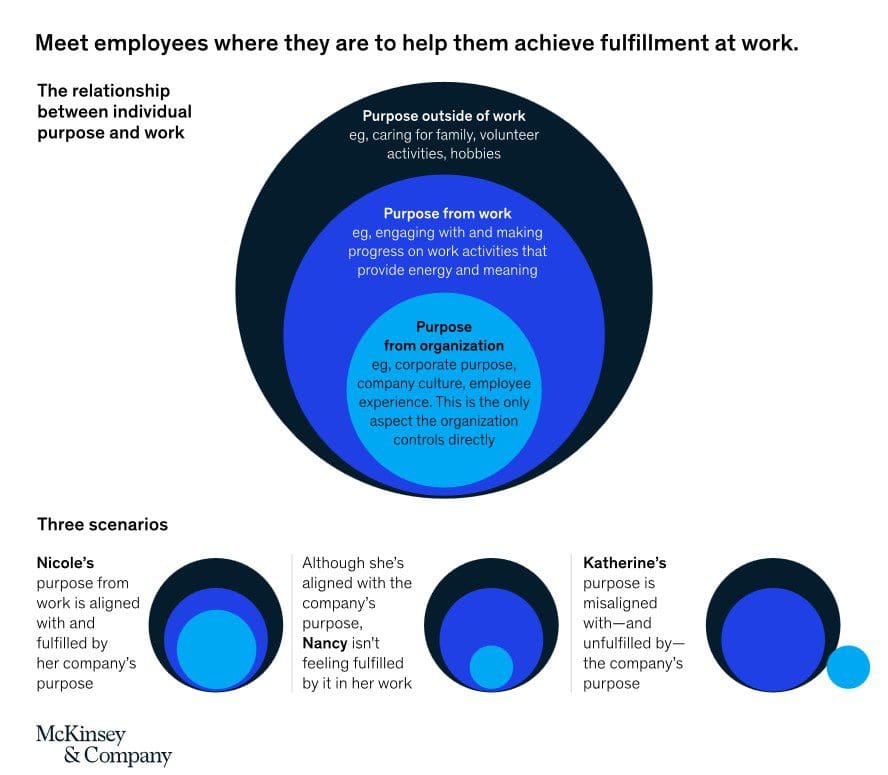
Figure 1: Meet employees where they are to help them achieve fulfilment at work (Source: McKinsey & Company)
- Rising trend of skills-based recruitment and upskilling and reskilling programmes
There is an ongoing transition towards skills-based recruitment in corporations. As Deloitte stated, 90% of companies have expressed the need to implement skills-based hiring strategies. Nearly 20% of organisations are currently adopting new approaches to realise that, meaning there is a growing focus on hiring based on skills in 2023. McKinsey further confirmed that skills-based recruitment is a better predictive approach to job performance than hiring for education. Moreover, organisations are deemed more attractive by job seekers when they offer learning and development opportunities. Employees today are seeking to upskill and reskill themselves to catch up with workplace digitalisation and to improve their productivity and performance.
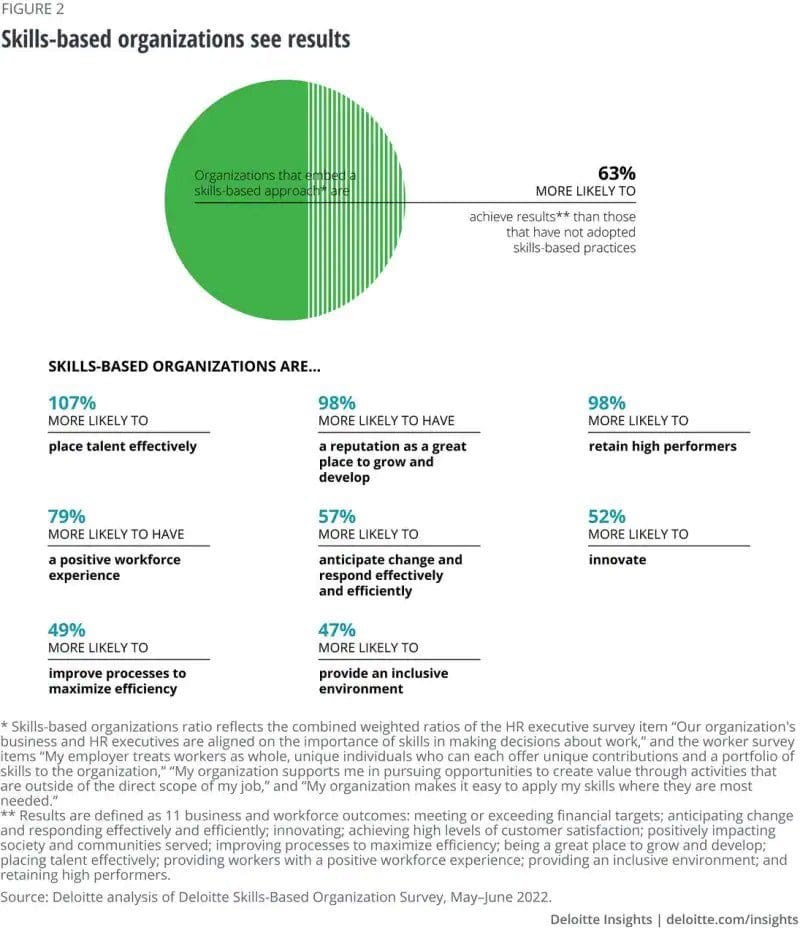
Figure 2: Skill-based organisations see results (Source: Deloitte)
To conclude, organisations are seeking new ways of recruitment techniques to select top profiles that best match their company goals and ambitions. It could be as simple as changing the focus from education to actual working experiences and skills during interviews, making candidates feel seen and heard. Or it could be incorporating a wave of actions into the core of the company to address the importance of mental health, cultivate DEIB values, and foster ESG efforts.
The aforementioned recruitment trends are currently being implemented by a small number of organisations. Now is the time to make the necessary changes and render your organisation the most attractive in the eyes of job seekers.
Download PDF >
